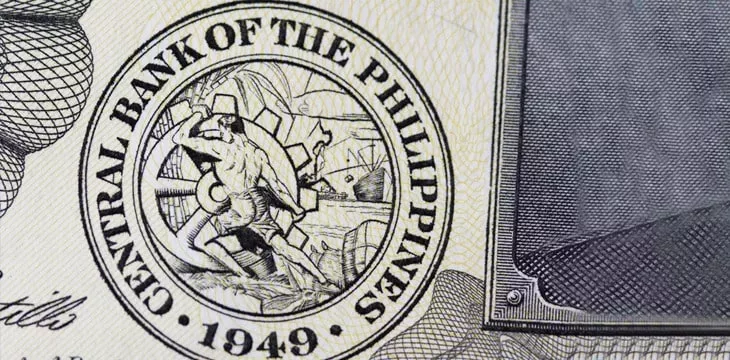|
Getting your Trinity Audio player ready...
|
The Bangko Sentral ng Pilipinas (BSP) has extended the pause on the entry of new electronic money issuer-non-bank financial institutions (EMI-NBFI), which includes digital currency exchanges.
In a press release, the BSP said the extension is set until December 15, 2024.
However, the central bank has made provisions for exemptions, particularly for applications that introduce new business models, target unserved niches, or incorporate new technologies.
“These exceptions are intended to modify the current landscape in the e-money industry with [the] entry of new players that have new business models and new technologies and shift in focus to unserved and underserved markets,” the BSP said.
The BSP added that applicants who meet the exceptions and offer strong value propositions for e-money services may apply through the regulatory sandbox framework under BSP Circular No. 1153.
The initial two-year timeframe also allowed the central bank to carefully study how to selectively lift the ban to weed out the “bad guys” in the EMI sector.
In November 2021, a two-year moratorium was imposed on the issuance of EMI licenses to NBFIs to ensure that its resources are managed and mobilized judiciously in a manner that promotes financial stability and inclusive growth, as well as advances the development of innovative electronic money solutions that offer strong value propositions.
As of December 21, 2023, 44 BSP-licensed EMI-NBFIs and four EMI-NBFI applications were submitted under the sandbox framework in the Philippines.
Among the EMI-NBFI players in the country are the crypto exchange Philippine Digital Asset Exchange (PDAX) and mobile payment service GCash operator G-Xchange Inc., Alipay Philippines, and CIS Bayad Center, among others.
Watch: Blockchain provides perfect foundation for CBDC

 07-08-2025
07-08-2025 





